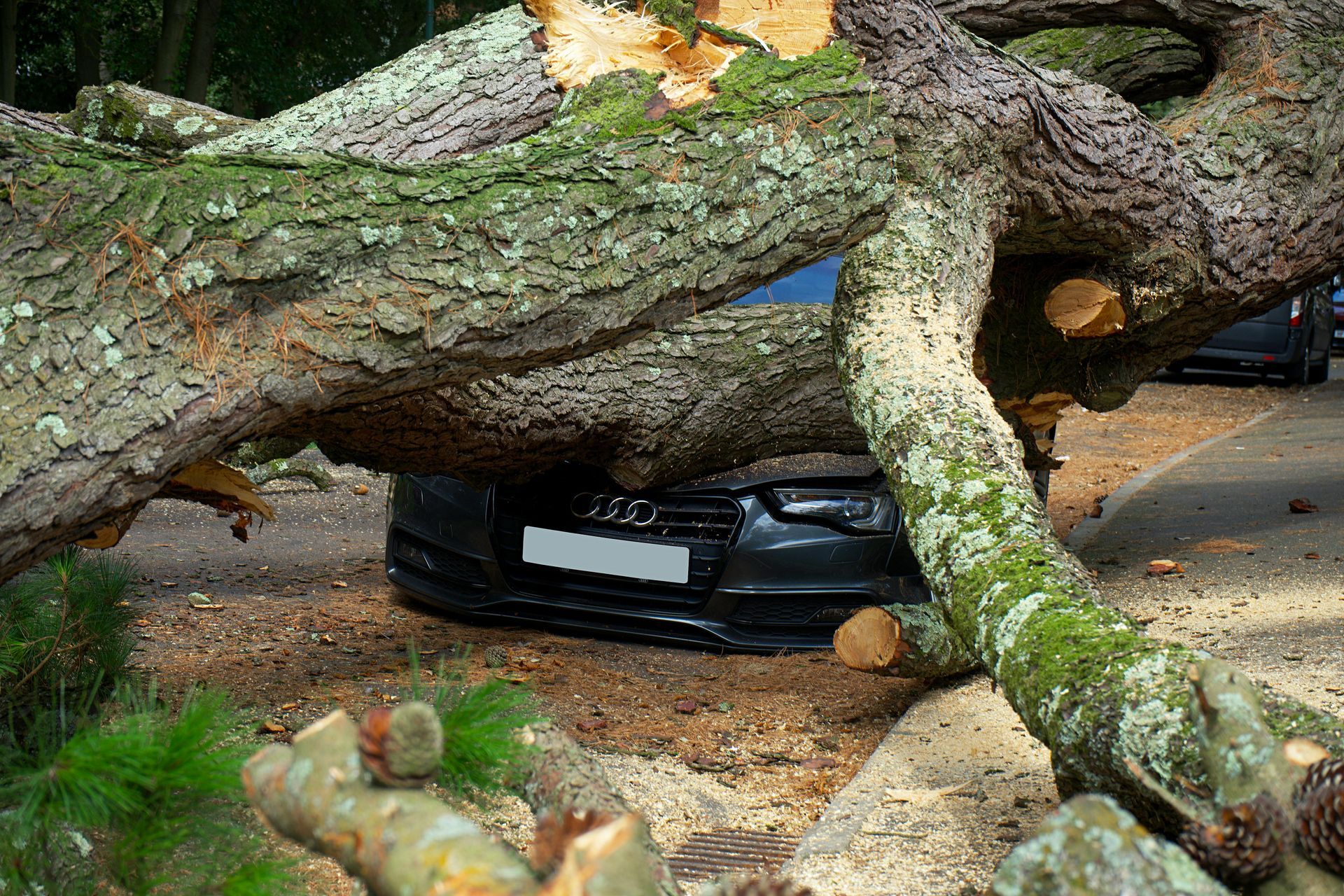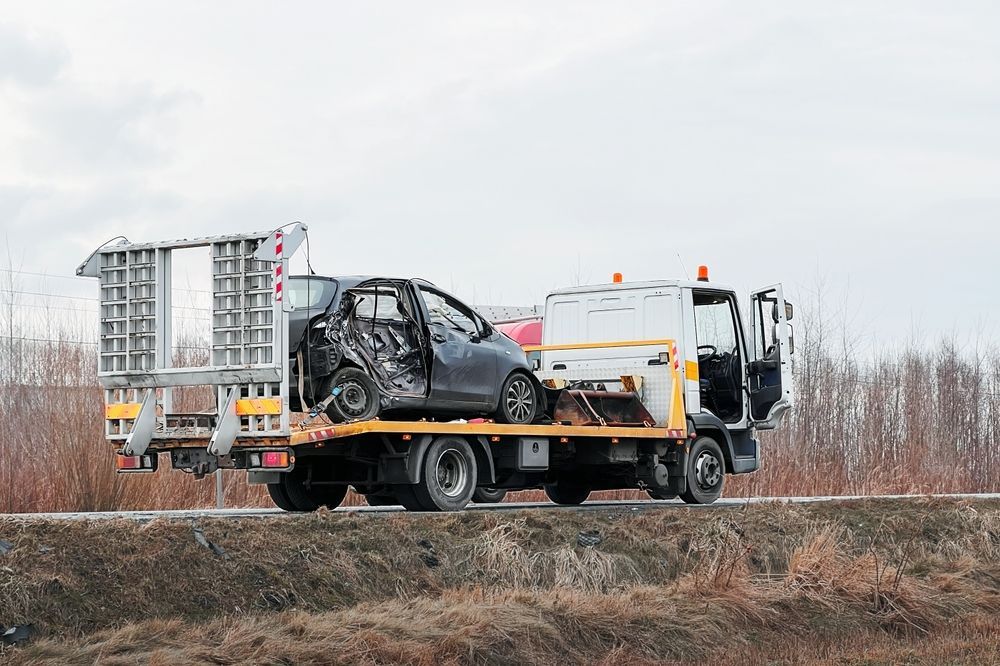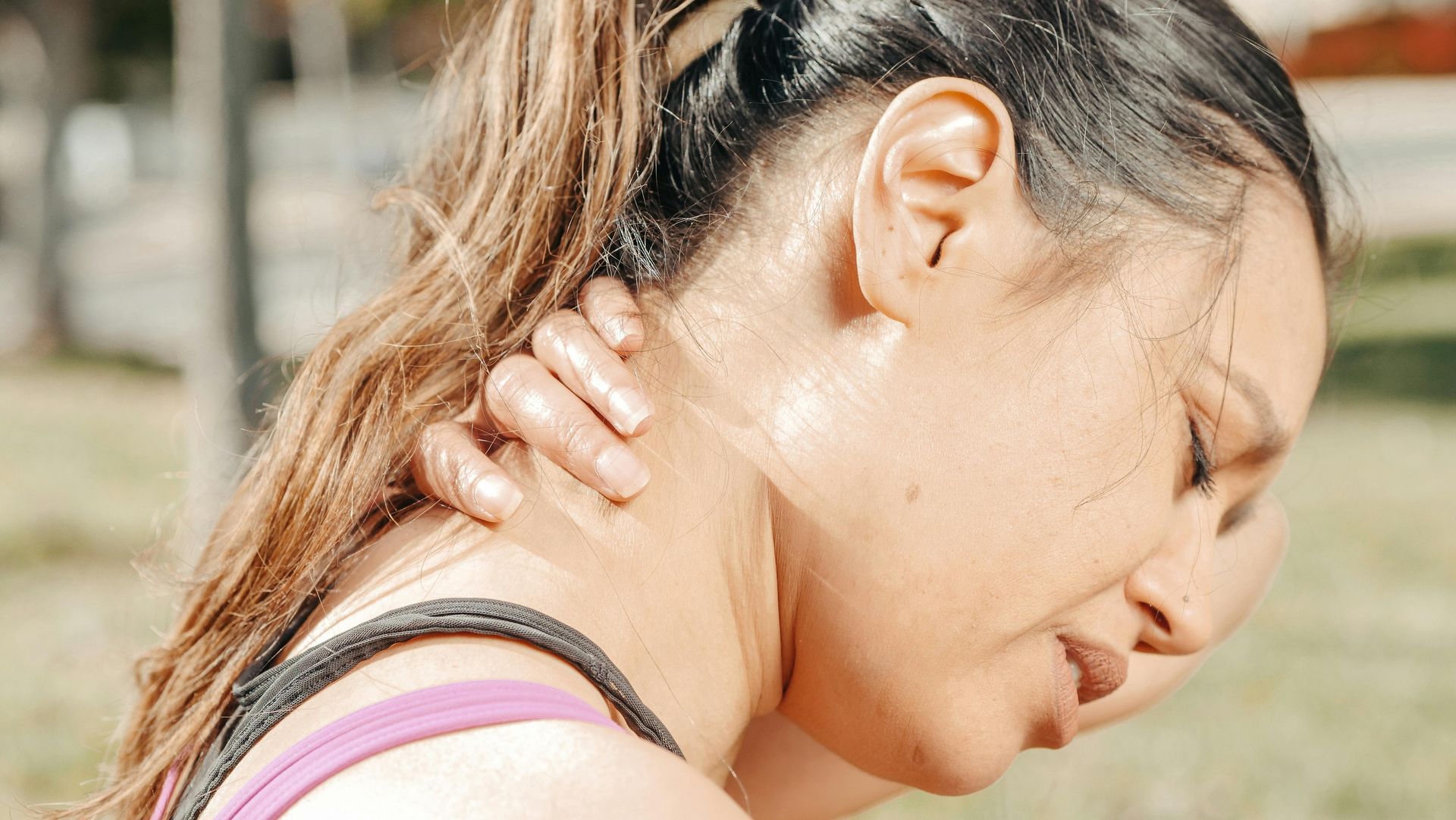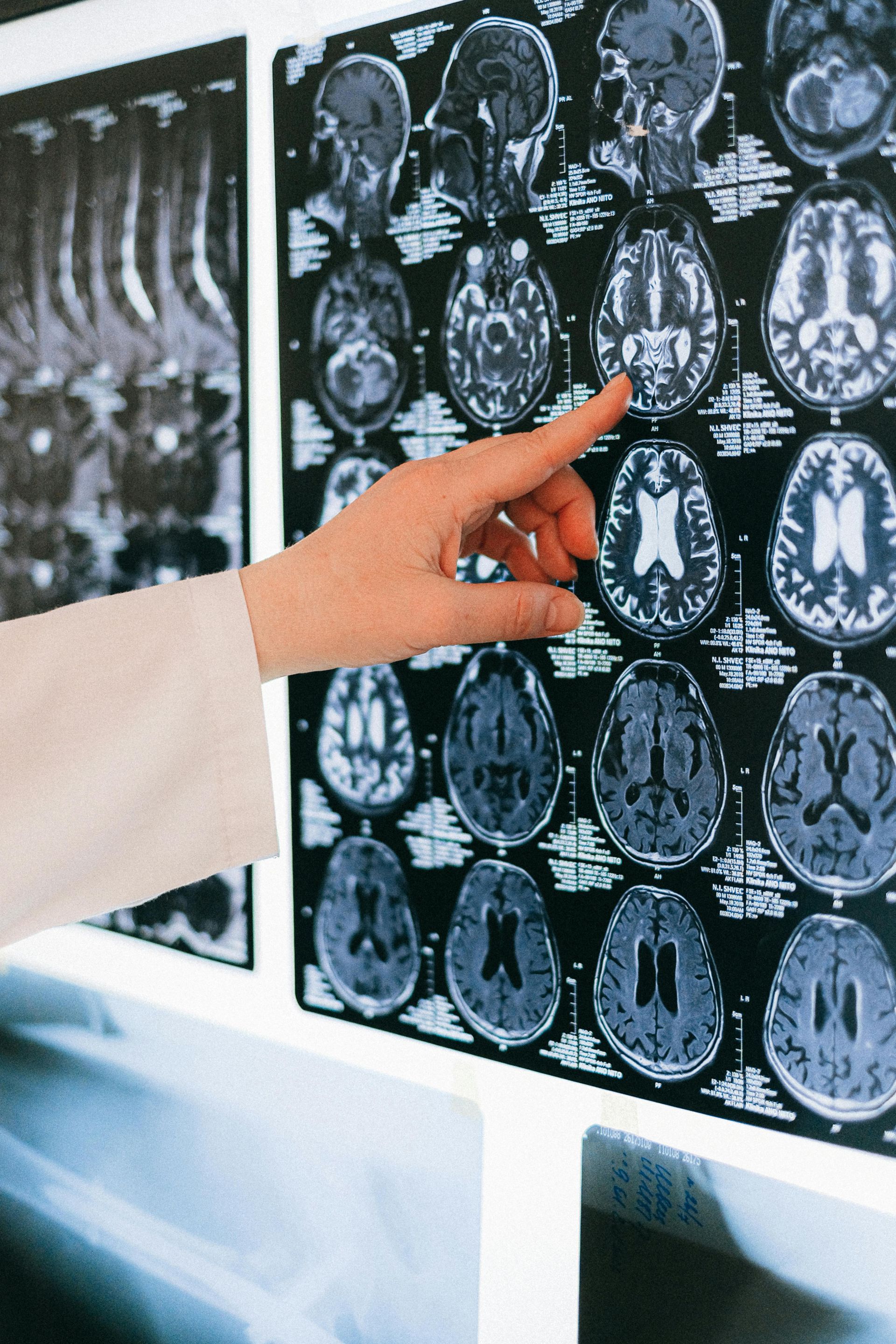What You Should Know About Winter Driving Accidents in Michigan
Winter in Plymouth, Michigan, brings snow-covered roads, icy intersections, and unpredictable driving conditions. While the season has its beauty, it also increases the risk of accidents. Snow, sleet, and freezing rain create hazards that drivers must take seriously to reduce the chances of a crash.
At the Law Office of Kurt M. Schultz PLLC, we understand how devastating accidents in these conditions often are. If you or a loved one has been injured in a winter driving accident, knowing your legal rights is essential.
Michigan’s unique no-fault insurance system impacts how personal injury claims are handled after an accident. Understanding liability, insurance coverage, and how to pursue compensation can make all the difference in recovering from an accident.
Why Winter Driving Accidents Are So Common in Michigan
Winter weather presents challenges that increase the likelihood of accidents. Snow and ice reduce tire traction, making it harder to stop or change direction. Black ice is especially dangerous because drivers often don’t see it until they lose control.
Additionally, visibility can be severely reduced due to blowing snow or freezing rain. These factors contribute to an increase in collisions, particularly on highways, bridges, and overpasses where ice tends to form more quickly.
In Michigan, drivers are expected to adjust their behavior to account for hazardous weather. That means slowing down, increasing the following distance, and using extra caution at intersections.
When drivers fail to take necessary precautions, they put themselves and others at risk. Personal injury claims often arise when reckless or careless driving causes preventable accidents.
Michigan’s No-Fault Insurance and Winter Accidents
Michigan follows a no-fault insurance system, which means that after an accident, your own insurance company covers medical expenses and certain economic losses, regardless of who was at fault. This coverage, known as Personal Injury Protection (PIP), includes medical bills, lost wages, and rehabilitation costs.
However, no-fault benefits do not cover pain and suffering. To recover damages beyond what PIP provides, a personal injury claim must meet Michigan’s threshold for serious injury.
If an accident leads to significant impairment of a body function, disfigurement, or death, the injured party may pursue additional compensation from the at-fault driver. This is where understanding liability becomes critical in winter accident cases.
Who Is Liable for a Winter Driving Accident?
Although Michigan’s no-fault laws affect how claims are handled, liability still plays a role in recovering damages beyond PIP benefits. In a winter accident, multiple factors can contribute to liability, including:
- Driver negligence: If a driver was speeding, following too closely, or failed to clear snow and ice from their vehicle, they may be held responsible. Even though winter weather makes driving more difficult, drivers are still expected to operate their vehicles safely.
- Municipal responsibility: Local governments have a duty to maintain roads, but Michigan law provides governmental immunity in many cases. However, if a city or county fails to address hazardous conditions within a reasonable time, they may be liable for injuries resulting from unsafe roadways.
- Commercial vehicles: Truck drivers and companies must take extra precautions in winter weather. If a commercial driver fails to exercise caution and causes an accident, the trucking company may share liability.
Determining liability in winter accidents often requires an investigation into road conditions, driver actions, and whether all parties exercised reasonable care under the circumstances. As personal injury attorneys, we evaluate these factors to help clients determine whether they have grounds for a claim beyond no-fault benefits.
Common Injuries in Winter Accidents
Winter collisions often result in serious injuries due to the impact of crashes on slippery roads. Some of the most common injuries include:
- Whiplash and neck injuries: Sudden impacts can cause strain on the neck and spine, leading to long-term pain.
- Head and brain injuries: Slippery conditions increase the risk of high-impact collisions, which can lead to concussions or traumatic brain injuries.
- Fractures and broken bones: The force of a winter crash can lead to broken bones, especially in side-impact or rear-end collisions.
- Back and spinal cord injuries: Even at lower speeds, winter accidents can result in significant back injuries that require extensive medical treatment.
If an accident leads to serious injuries, victims may have the right to pursue a personal injury claim beyond the no-fault system. Medical records, witness statements, and accident reports are crucial in proving the extent of injuries and their impact on daily life.
Steps to Take After a Winter Driving Accident
If you are involved in a winter accident, the actions you take immediately afterward can affect your ability to seek compensation. While the aftermath of a crash can be overwhelming, following these steps can help protect your rights:
- Seek medical attention: Even if injuries seem minor, it’s important to get checked by a medical professional. Some injuries take time to develop, and medical records play a key role in personal injury claims.
- Document the scene: If possible, take photos of the accident, road conditions, and vehicle damage. Snow and ice can quickly change, so gathering evidence at the scene is crucial.
- Exchange information: Obtain contact and insurance details from the other driver, as well as names and phone numbers of any witnesses.
- Report the accident: Michigan law requires that accidents involving injury, death, or significant property damage be reported to the police. An official report can serve as valuable evidence.
- Notify your insurance company: Contact your insurer to begin the no-fault claims process. However, be cautious about giving recorded statements before speaking with a personal injury attorney.
Taking these steps can strengthen your case if you later pursue additional compensation for serious injuries.
How We Help Victims of Winter Accidents
At the Law Office of Kurt M. Schultz PLLC, we represent individuals who have been injured in winter driving accidents. While Michigan’s no-fault system provides immediate benefits, it does not always cover the full extent of an accident’s impact.
When injuries are severe, or another driver’s negligence played a significant role, pursuing additional compensation may be necessary.
Our work involves investigating the cause of the accident, reviewing medical records, and negotiating with insurance companies to secure fair compensation. Personal injury cases involving winter conditions can be challenging because insurers often try to shift blame onto the weather rather than the driver’s actions.
However, Michigan law makes it clear that drivers must adjust their behavior based on road conditions, and failure to do so can result in liability.
How Michigan’s Comparative Fault Rule Affects Winter Accident Claims
Michigan follows a comparative fault rule, which can impact the amount of compensation an injured party receives. Under this rule, if a driver is partially responsible for an accident, their compensation may be reduced by their percentage of fault.
For example, if a driver is found to be 20% responsible for a crash due to speeding on an icy road, any damages they recover would be reduced by that percentage.
However, if a driver is found to be more than 50% at fault, they are barred from recovering non-economic damages such as pain and suffering. This means that in personal injury cases, proving that the other driver was primarily responsible for the crash is crucial.
Insurance companies often try to argue that poor road conditions, rather than their policyholder’s negligence, caused the accident. Having strong evidence—such as police reports, witness statements, and accident reconstructions—can help counter these arguments.
Winter accidents often involve multiple vehicles, making liability even more difficult to establish. If more than one driver is found at fault, compensation may be divided based on each driver’s degree of responsibility. That’s why it is critical to document the scene and seek legal advice if an insurance company tries to unfairly shift blame.
Preventing Winter Accidents
While Michigan drivers cannot control the weather, they can take precautions to reduce the risk of winter accidents. Defensive driving is especially important in icy and snowy conditions, where reaction times are slower, and braking distances are longer. Some key safety measures include:
- Reducing speed: Speed limits are set for ideal conditions. In winter weather, driving below the posted limit is often necessary to maintain control.
- Leaving extra space: Tailgating is particularly dangerous on icy roads. Leaving at least three times the normal following distance can help prevent rear-end collisions.
- Using proper tires: Winter tires provide better traction than all-season tires and can significantly reduce the likelihood of sliding on ice.
- Clearing snow and ice: Drivers should remove snow from their vehicles before hitting the road, as ice chunks and snowdrifts can impair visibility and create hazards for other motorists.
- Avoiding sudden movements: Slamming on the brakes or making sharp turns can lead to skidding. Drivers should apply brakes gently and steer smoothly to maintain control.
Even the safest drivers can still be involved in accidents due to the negligence of others. When a winter crash occurs, knowing how to protect your personal injury claim can make a significant difference in securing fair compensation.
The Next Steps
At the Law Office of Kurt M. Schultz PLLC, we are committed to helping those injured in winter accidents and making the legal process as painless as possible.
We are proud to serve Plymouth, Michigan, and the surrounding areas of Wayne County, Washtenaw County, Oakland County, Detroit, Southfield, Ann Arbor, Canton, Livonia, and Redford. Call us today to take the next steps.










